Bloom with purpose: Business-savvy sessions for cut flower farmers
Insights, innovations and inspiration for commercial flower growers at the 2025 Great Lakes Expo.

The Great Lakes Expo is back in Grand Rapids, Michigan, Dec. 9-11, 2025, with a fresh lineup of sessions designed to support specialty cut flower growers at every stage of their journey. This year’s program covers essential production topics like pest management, postharvest care and soil fertility, while also tackling the business-side realities: strategic planning, profitability and juggling all the roles of a farm business owner.
You’ll also hear from nationally recognized keynote speaker Charlotte Smith, known as “The Marketing and Mindset Coach for Farmers.” Her insights on profitability and marketing strategy are packed with actionable tools for direct-to-consumer flower growers looking to build sustainable businesses that actually pay the bills.
Whether you're just getting started or looking to fine-tune your systems and grow your bottom line, this year’s track offers real-world insight and actionable strategies to help your flower farm thrive.
Program highlights
Farm Market Keynote: Five Mistakes Farmers Make that Keep Them Broke — And How to Fix Them
Charlotte Smith, 3 Cow Marketing
Tuesday, Dec. 9
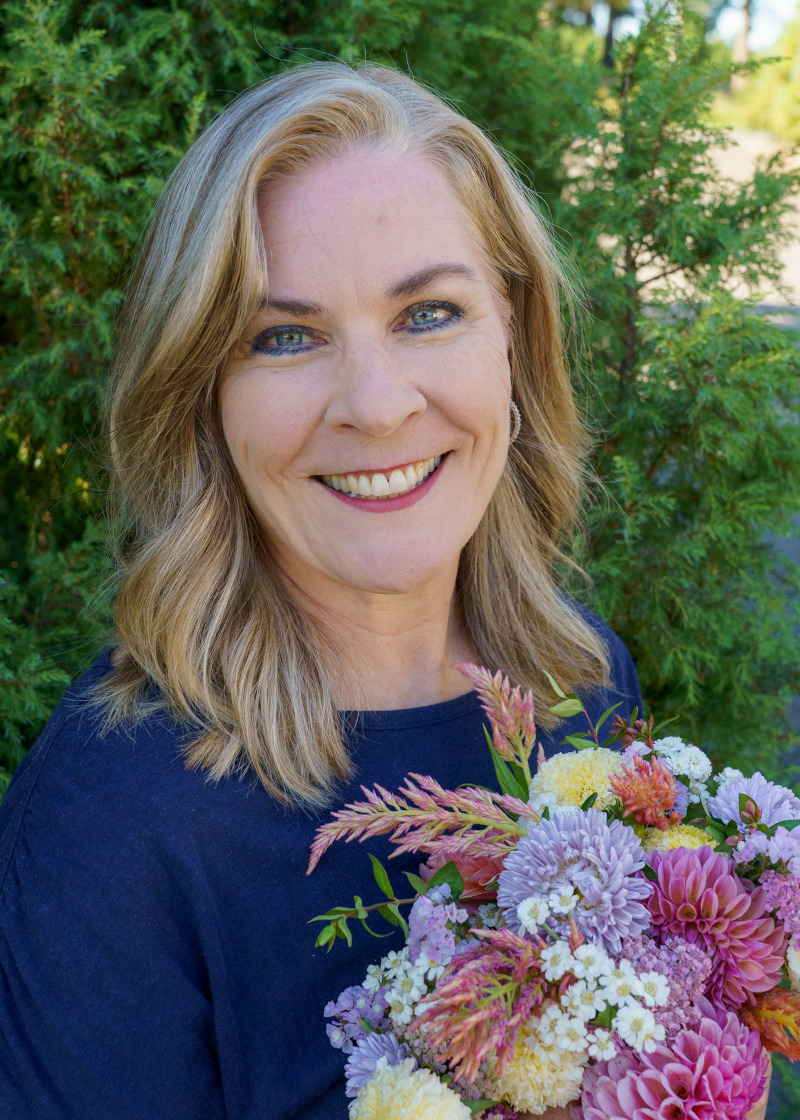
Working harder than ever but still struggling to make your farm profitable? Charlotte Smith will reveal the five critical mistakes costing farms tens of thousands of dollars every year and exactly how to fix them.
Speaker bio: Charlotte Smith is a nationally recognized marketing and mindset coach who helps farmers build profitable, resilient businesses while maintaining balance in their lives. Known to many as “The Marketing and Mindset Coach for Farmers,” Smith is the host of the “Profitable Mindset” podcast and author of “Farm Marketing from the Heart.” Through her signature program, Farm Marketing Mastery, she has coached more than 10,000 farmers in 13 countries on how to connect with customers, capture premium prices, and create businesses that support (not drain) their lives.
Three Steps to Your Profitable Farm
Charlotte Smith, 3 Cow Marketing
Tuesday, Dec. 9
Tired of watching your farm expenses consistently outweigh your profits month after month? Smith will share the exact three-step system that stopped her financial hemorrhaging and built the profitable farm business she has today.
Cut flowers: Maintaining quality from harvest to market
Jim Faust, Clemson University
Wednesday, Dec. 10
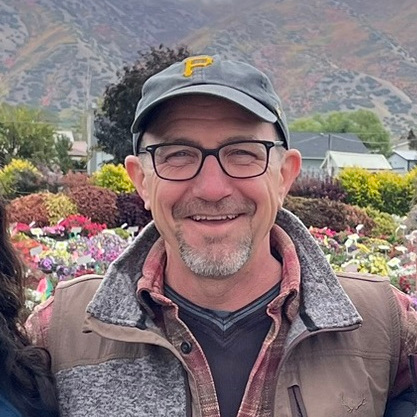
The protocols used from the time of harvest until the flowers are sold determine flower vase life and the satisfaction level of your customers. Best management practices will be discussed on the topics of sanitation, bucket solutions and environment, which are the key influencers of postharvest longevity.
Speaker bio: Jim Faust, PhD, is a graduate of Michigan State University and a professor of floriculture at Clemson University in South Carolina. His research focuses on the postharvest physiology of internationally and locally produced cut flowers. His research goal is to maximize the vase life of cut flowers through the improved understanding of the factors that impact their postharvest performance.
The Good, the Bad, and the Bugly: Managing Insects and Mites in Cut Flowers
JC Chong, SePro Corporation
Wednesday, Dec. 10
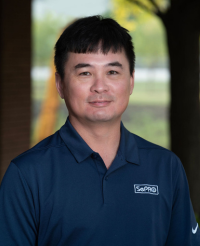
Specialty cut flower production is flourishing across the U.S., but insect and mite pests pose significant challenges. This session will introduce common pests, covering their identification and biology in a way that’s accessible to all experience levels. Attendees will also learn practical, effective strategies for managing these pests, including the use of biological control agents and insecticides.
Speaker bio: JC Chong is a technical development manager for the ornamental market at SePRO Corporation. At SePRO, Chong conducts research on all types of pesticides and plant growth regulators, develops new products and provides technical support to growers throughout the country. Chong was a turf and ornamental entomologist at Clemson University for 16 years before joining SePRO
Healthy Soils, Happier Flowers: Making Sense of Soil and Nutrient Management
Zack Hayden, Michigan State University
Wednesday, Dec. 10
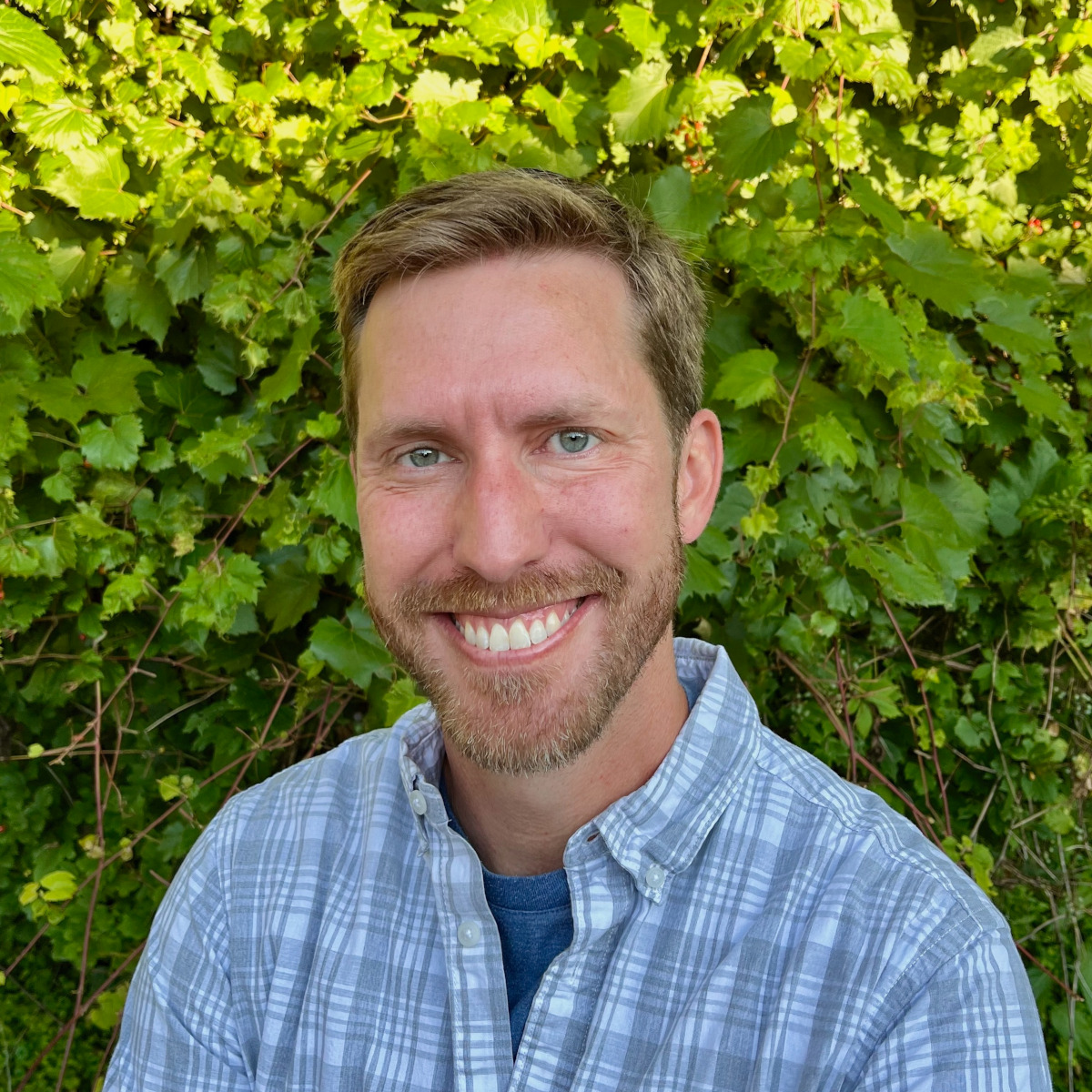
Healthy soils are the foundation of productive flower farms—but not all common practices are equally effective at delivering the nutrients crops need to thrive. In this session, Zack Hayden, associate professor of horticulture at Michigan State University, will walk through the core principles of soil and nutrient management, adapted for specialty cut flower production. Topics include key soil principles, relative importance of different nutrients and fertilization strategies, understanding organic fertility sources like composts and manures, and how to build a nutrient management plan that supports both short-term growth and long-term soil health.
Speaker bio: Zack Hayden, PhD, is an associate professor and Extension specialist in the Department of Horticulture at Michigan State University. His research and Extension program focuses on soil and nutrient management for vegetable cropping systems. His team investigates strategies to help growers both manage nutrients profitably in the short term and improve the health and fertility of their soils over the long term. Focus areas include nitrogen management, organic and integrated fertility management, cover crop integration, soil health impacts and remote sensing-based decision support. Hayden lives in East Lansing, Michigan, with his wife and three kids.
All the Hats, All the Time: A Reality Check on Farm Business Roles
Lori Hernandez, Three Acre Farm
Wednesday, Dec. 10
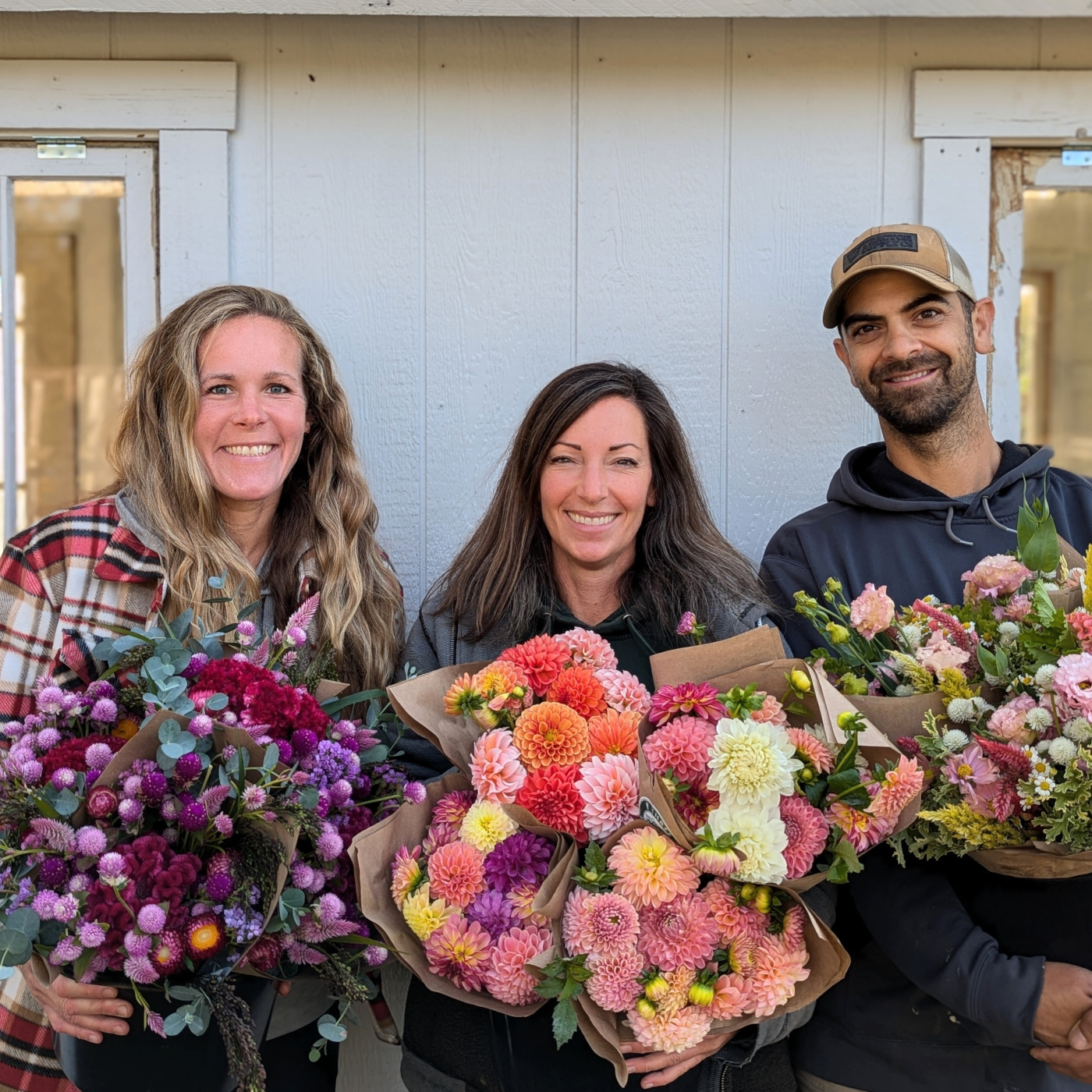
Most farmers know the phrase “wearing all the hats,” but few are prepared for just how many there are. In this engaging session, Lori Hernandez of Three Acre Farm explores the full spectrum of roles that direct-to-consumer farmers take on, from CEO to crop planner, marketer, educator and beyond. She’ll share how mapping out these roles helped her make better decisions, avoid burnout and build a more resilient business. Attendees will leave with tools to reflect on their own time and team needs as their farm operations evolve.
Speaker bio: Lori Hernandez is the founder and owner of Three Acre Farm, a specialty cut flower operation in Byron Center, Michigan. She started in 2017 with no farming or business experience and, against all odds, built a thriving farm business that employs her and her husband, as well as a small but mighty team. Hernandez specializes in helping new farmers push through the fears and uncertainty that hold them back, using the same practical strategies and mindset shifts that transformed her own farm from startup to success.
Hosting Cut Flower Workshops on the Farm
Lori Hernandez, Three Acre Farm
Thursday, Dec. 11
Curious about how to host a successful on-farm flower workshop? In this interactive 2-hour session, you’ll learn practical tips to plan, promote and deliver memorable on-farm experiences that build your brand and connect with your community. Lori and her husband John own and operate Three Acre Farm in Byron Center, where they grow seasonal blooms for local markets and host workshops throughout the year. A former high school art educator, Lori now combines her passion for teaching with flower farming, both in person and through her online course and website.
Whether you’re refining postharvest protocols, tackling pest challenges or rethinking how your farm operates, the specialty cut flower program offers tools and inspiration to move your business forward. These sessions are designed with commercial growers in mind: real talk, real strategies and a welcoming community of peers. Make plans to join us in Grand Rapids this December and take the next step in your flower farming journey.
Online registration for the Expo is now open. Attendees and exhibitors can find the full session schedule and trade show information at the Great Lakes Expo website.



 Print
Print Email
Email

